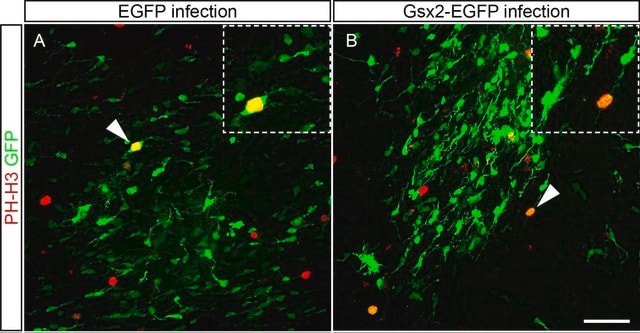07-729
Anti-CTCF Antibody
serum, Upstate®
Synonym(s):
11 zinc finger transcriptional repressor, 11-zinc finger protein, CCCTC-binding factor, CCCTC-binding factor (zinc finger protein), CTCFL paralog, transcriptional repressor CTCF
About This Item
Recommended Products
biological source
rabbit
Quality Level
antibody form
serum
antibody product type
primary antibodies
clone
polyclonal
species reactivity
mouse, human, canine, rat, primate
packaging
antibody small pack of 25 μL
manufacturer/tradename
Upstate®
technique(s)
ChIP: suitable (ChIP-seq)
western blot: suitable
NCBI accession no.
UniProt accession no.
shipped in
ambient
target post-translational modification
unmodified
Gene Information
human ... CTCF(10664)
Related Categories
General description
Specificity
Immunogen
Application
An independent laboratory has confirmed that this antibody immunoprecipitates CTCF-bound chromatin from WEHI B-cells.
Quality
Western Blot Analysis:
A 1:1000–1:5000 dilution of this lot detected CTCF in HeLa nuclear extract. A previous lot detected CTCF in K562 nuclear extract (data not shown).
Target description
Linkage
Physical form
Storage and Stability
Handling Recommendations: Upon first thaw, and prior to removing the cap, centrifuge the vial and gently mix the solution. Aliquot into microcentrifuge tubes and store at -20°C.
Avoid repeated freeze/thaw cycles, which may damage IgG and affect product performance. Note: Variability in freezer temperatures below -20°C may cause glycerol containing solutions to become frozen during storage.
Analysis Note
Positive Antigen Control: Catalog #12-309, Hela cell nuclear extract. Add an equal volume of Laemmli reducing sample buffer to 10 µL of extract and boil for 5 minutes to reduce the preparation. Load 20 µg of reduced extract per lane for minigels.
Other Notes
Legal Information
Not finding the right product?
Try our Product Selector Tool.
recommended
Storage Class Code
10 - Combustible liquids
WGK
WGK 1
Flash Point(F)
Not applicable
Flash Point(C)
Not applicable
Certificates of Analysis (COA)
Search for Certificates of Analysis (COA) by entering the products Lot/Batch Number. Lot and Batch Numbers can be found on a product’s label following the words ‘Lot’ or ‘Batch’.
Already Own This Product?
Find documentation for the products that you have recently purchased in the Document Library.
Our team of scientists has experience in all areas of research including Life Science, Material Science, Chemical Synthesis, Chromatography, Analytical and many others.
Contact Technical Service








